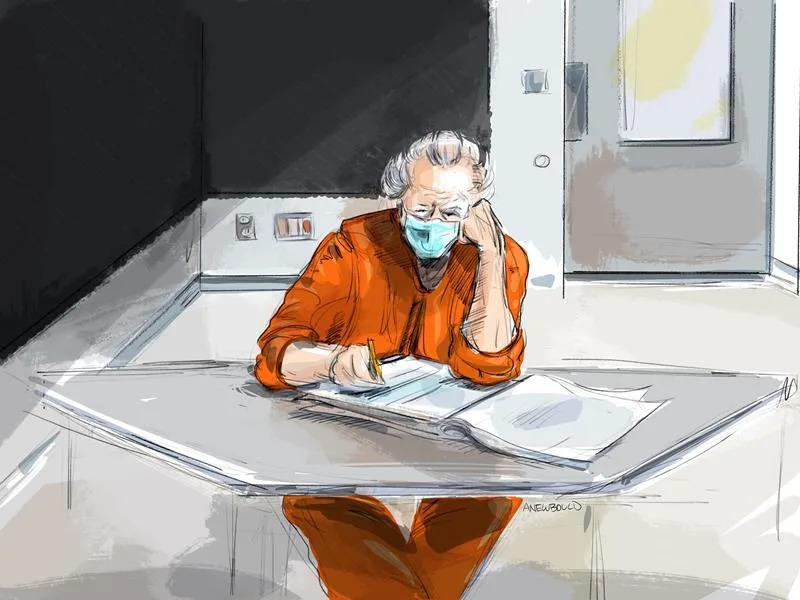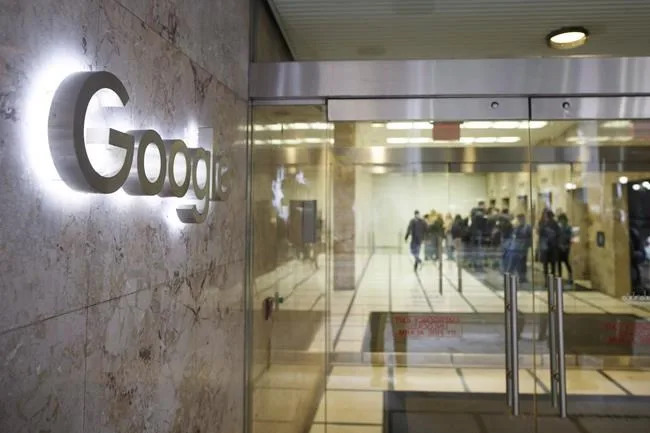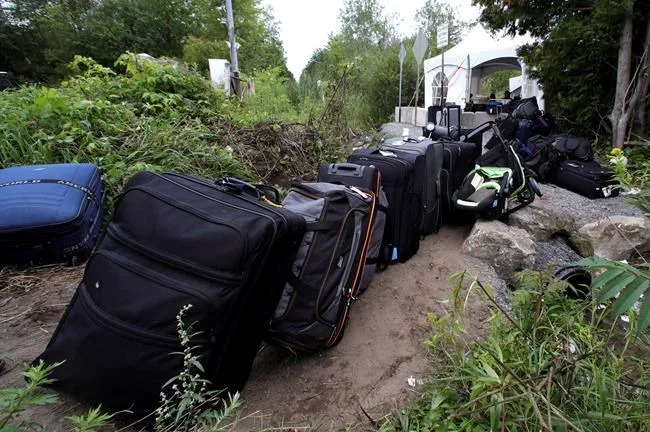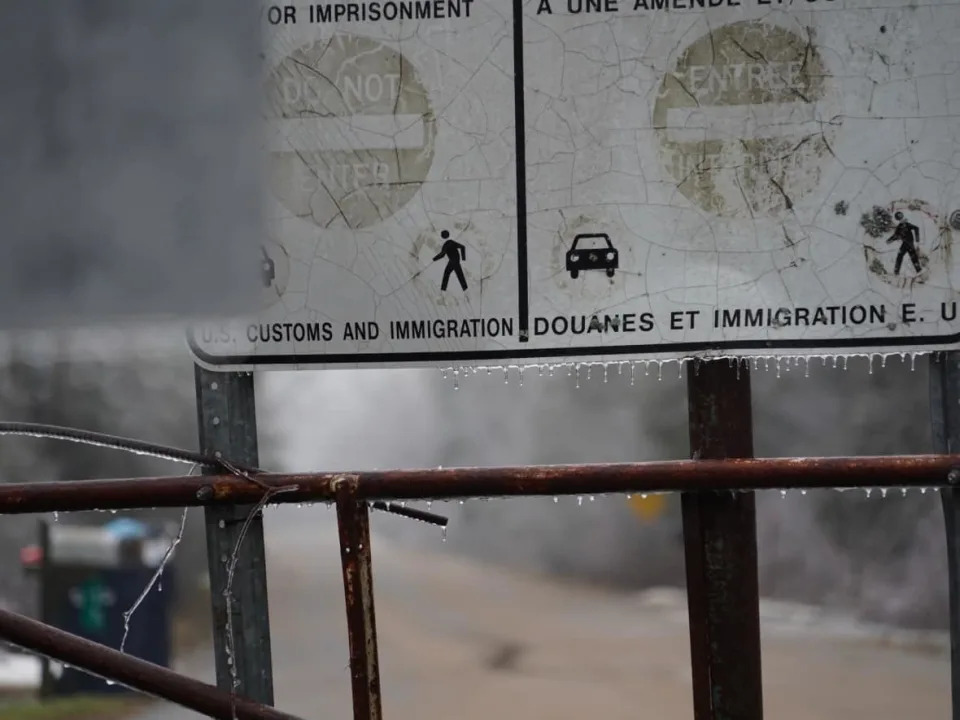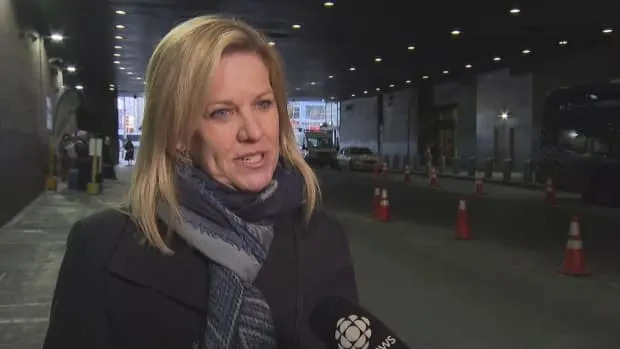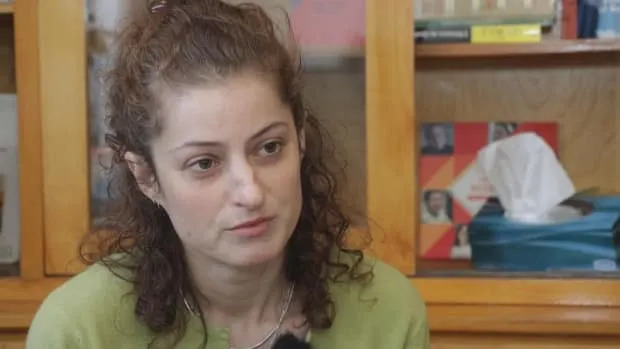Mon, February 6, 2023
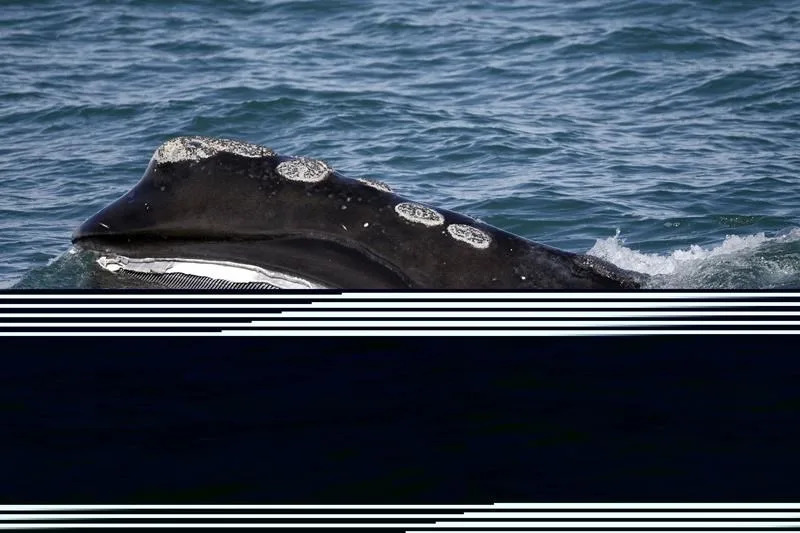
FREDERICTON — Much can be learned about the evolving habits of endangered North Atlantic right whales by tracing pieces of fishing gear from which the animals are freed, say researchers.
Gear that was disentangled from a whale in United States waters in January was traced back to the southern coast of Nova Scotia, Canada's Fisheries Department said in a recent news release.
"This is the first North Atlantic right whale entanglement confirmed to be connected to Canada’s lobster fishery in over five years," the department said.
Andrea Morden, manager of the whales team at the Fisheries Department, said fishers have been required to tag their gear since 2020. Since then the department has received 11,675 lost gear reports, she added.
Whale entanglements can be reduced by knowing what's out there — even if no one knows exactly how much gear is floating around the oceans, Morden said in an interview Monday.
"Commercial harvesting has been going on in Canada for as long as Canada's been around," she said.
"It's hard to say how much gear … was being lost before lost gear reporting requirements came into effect."
Dalhousie University biology professor Boris Worm said that by tracing gear, researchers can determine what parts of the ocean present the greatest risk for entanglements — a leading cause of injury and death for the whales.
"Then we can double down our conservation efforts in that particular region."
He said he was interested in learning the gear had been traced back to the southern coast of Nova Scotia, because conservationists hadn't been focusing on those waters.
"We haven't surveyed it as much as the Gulf of St. Lawrence," he said. "So it's really important information to know where we have to direct our monitoring and conservation efforts."
Michael Moore, a marine mammal scientist from Massachusetts, agreed that being able to trace gear is helpful.
"Having the gear marked certainly highlights where risk is now occurring," said Moore, with the Woods Hole Oceanographic Institution, a non-profit dedicated to ocean research, exploration and education.
Worm said researchers began noticing a shift in the right whales' summer feeding habitat about 10 years ago, when the animals gradually moved northwest from around the Gulf of Maine, which includes the Bay of Fundy and south of Nova Scotia, to the Gulf of St. Lawrence.
"It was as if the whales were looking for a new supermarket," he said.
Moore noted the asymmetry between the number of remaining North Atlantic right whales, which is about 340, and the thousands of ropes criss-crossing parts of the ocean.
"A fisherman can rightly say he's never seen a whale, but a whale can rightly say he's seen gear every day," he said. "And that mismatch of perspective makes it so hard."
While tracing gear is useful, he said it doesn't necessarily mean animals won't be entangled in the same area again. Entangled animals suffer from stress, the inability to feed and injuries that might even affect reproduction, he said.
Worm and Moore said that the survival of the endangered right whales depends in large part to fishers moving to ropeless gear.
Moore published a paper last month in the journal of the International Council for the Exploration of the Sea, in which he argued that consumers should buy seafood that is ethically sourced — including from fishers who use ropeless gear.
A balance is needed, he said, between the needs of the fishing industry and consumers and the survival of large marine life, as crabs, fish and other seafood may not exist in an ocean without whales.
"We have to take the longer view," Moore said. "If we were to realize that through killing off large whale species that are endangered or changing habitats so that animals can no longer live there, at some point in time the human race is going to recognize that they are left alone on the planet."
This report by The Canadian Press was first published Feb. 6, 2023.
Hina Alam, The Canadian Press
Right whale found entangled in Canadian lobster fishing gear in U.S. waters







